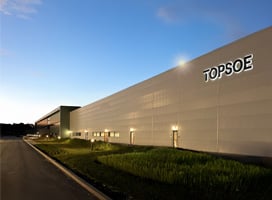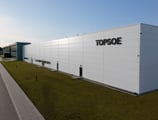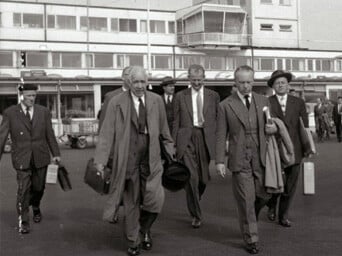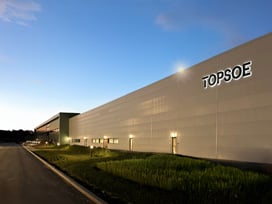Tail gas catalyst
TK-222 is a cobalt molybdenum (CoMo) catalyst specifically developed for treating tail gases derived from Claus or other similar units. It is of particular interest where catalyst bed pressure drop is limiting, since its ring shape exhibits lower pressure drop compared to other catalysts of same particle size.
Stable, long lasting performance
Your Claus tail gas treating unit is ensured a long lasting and stable performance with our catalysts. In fact, end-of-run for any of our tail gas catalysts is typically caused by an operational upset, such as burner operation issues causing soot formation or a temperature runaway, rather than the gradual loss of catalytic activity.
Low catalyst bed pressure drop
Our portfolio consists of three unique catalysts: TK-220 (extrudate), TK-222 (ring), and TK-224 (sphere).
For operation requiring a very low catalyst bed pressure drop, our TK-222 catalyst is superior. TK-222 has only 30% of the pressure drop of any catalyst shapes utilized today, namely quadralobes and larger sized spheres. In fact, TK-222 has the lowest pressure drop of any commercially available catalyst applicable for tail gas service. As such, it provides a cost-efficient debottlenecking opportunity of any unit by allowing a substantial increase in throughput with the same blower capacity.
.png)








![SAF Airplane runway[1]-1 1](https://www.topsoe.com/hs-fs/hubfs/SAF%20Airplane%20runway%5B1%5D-1%201.png?width=800&height=640&name=SAF%20Airplane%20runway%5B1%5D-1%201.png)



